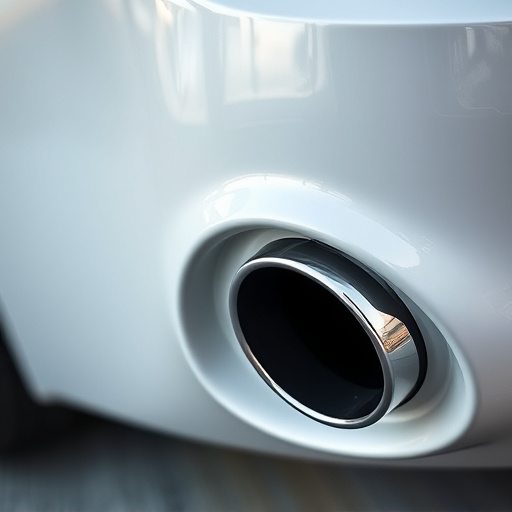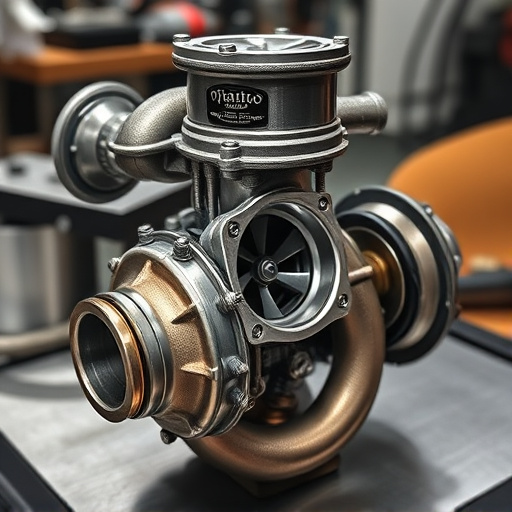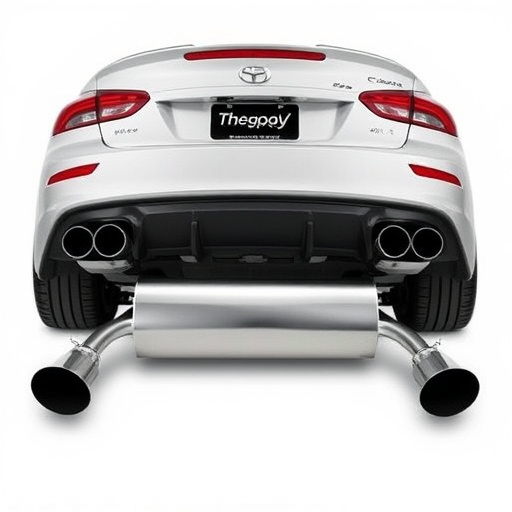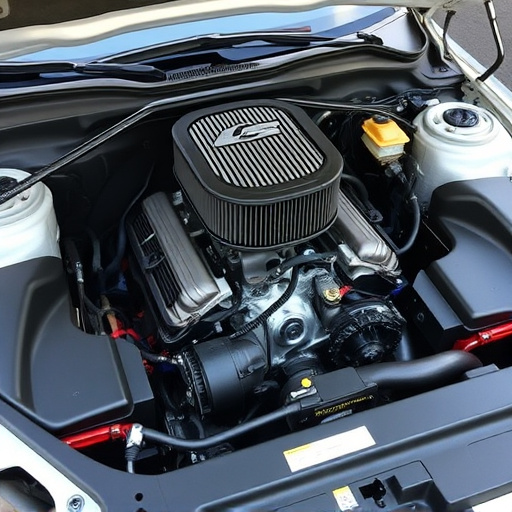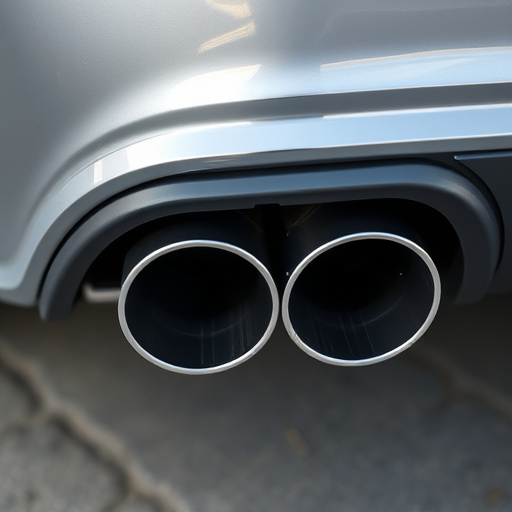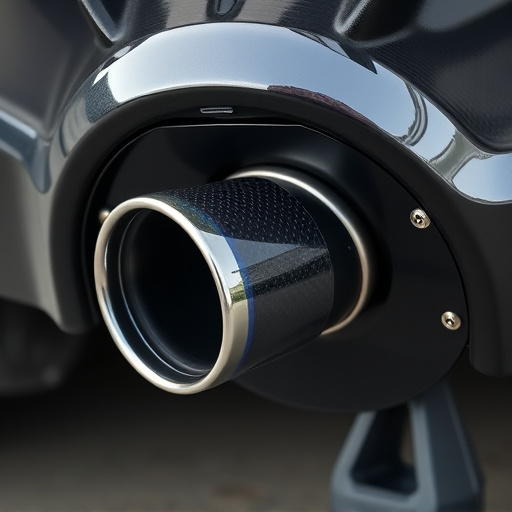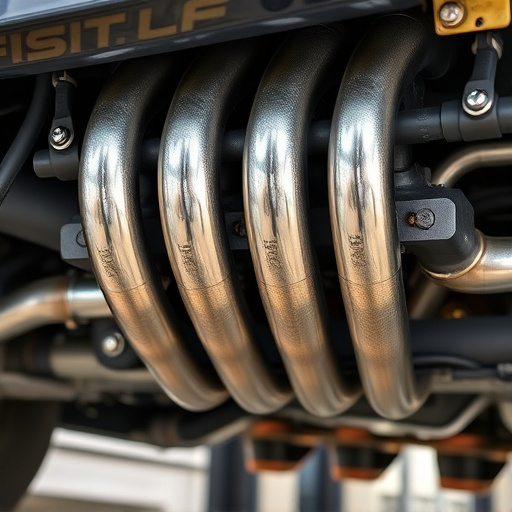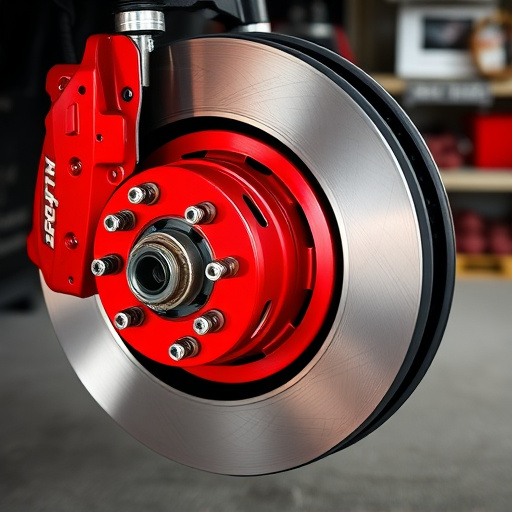Cold air intake (CAI) filters draw in cool external air to enhance combustion efficiency, leading to improved fuel economy and engine performance. They minimize backpressure, enable optimal air-fuel mix, and provide a stylish design complement for high-performance vehicles. Regular maintenance is crucial for maintaining airflow, preventing damage, and maximizing fuel savings.
Discover how upgrading your car with a cold air intake (CAI) filter can significantly improve fuel efficiency. This cost-effective modification directs colder, denser air into the engine, enhancing combustion and boosting power. In this article, we’ll explore the science behind CAI filters, their tangible benefits for both performance and mileage, and essential maintenance tips to ensure optimal results.
- Understanding Cold Air Intake Filters
- How They Improve Fuel Efficiency
- Benefits and Maintenance Tips
Understanding Cold Air Intake Filters
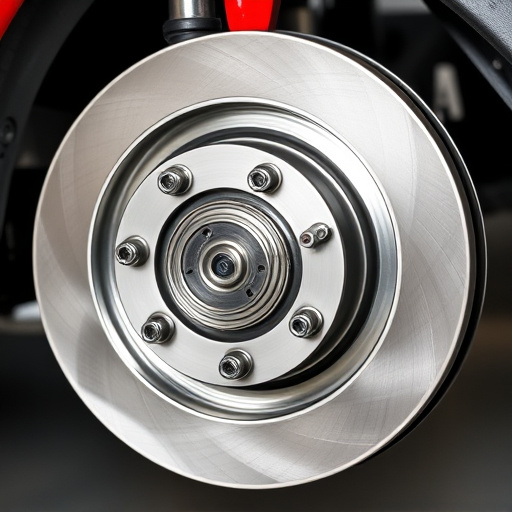
A cold air intake filter is a component of a car’s engine system designed to draw in cool, dense air from outside the vehicle and direct it into the engine. This process contrasts with traditional intake systems that pull air from within the engine compartment, which can be warmer due to exhaust gases dissipating heat. By bringing in colder air, these filters enhance combustion efficiency, allowing the engine to burn fuel more effectively.
This simple yet powerful mechanism has a significant impact on fuel economy. Cooler air is denser, containing more oxygen molecules per volume than warmer air. This increased oxygen-to-fuel ratio promotes complete combustion, reducing the amount of unburned fuel that escapes through the exhaust system. As a result, you can expect improved gas mileage, especially in colder climates where temperature differences between outside air and engine compartment are more pronounced. Additionally, cold air intake filters also contribute to better engine performance and power output, often complimented by sleek designs featuring attractive exhaust tips or mufflers.
How They Improve Fuel Efficiency
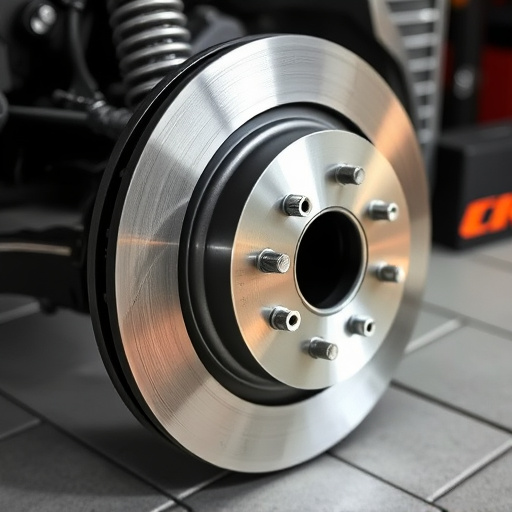
Cold air intake filters play a significant role in enhancing your vehicle’s fuel efficiency. Unlike traditional air filters that restrict airflow, these high-flow filters allow for maximum cold, dense air to enter the engine. This increased cold air intake directly contributes to better combustion, as it provides the optimal mix of air and fuel, leading to more efficient burning and reduced wastage of gasoline.
Moreover, by promoting a smoother flow of air, cold air intakes help reduce backpressure in the engine’s intake system. This improvement in vehicle performance translates into better throttle response and overall fuel economy. For those interested in tuning their vehicles with coilover kits or other performance enhancements, a high-flow cold air intake can be an excellent starting point, as it offers both environmental benefits and tangible improvements in driving dynamics.
Benefits and Maintenance Tips
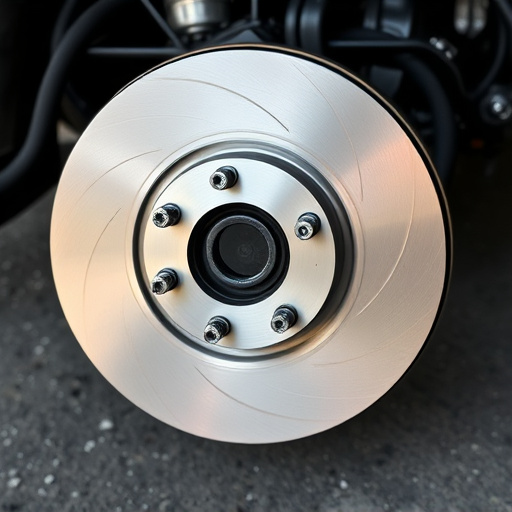
Cold air intake filters offer numerous benefits for your vehicle, contributing to improved fuel efficiency and engine performance. By allowing a larger volume of cool, dense air into the engine, these filters enable better combustion, resulting in more power and torque. This is especially beneficial for high-performance vehicles equipped with modified engines, where optimal air intake is crucial for maximizing horsepower.
Regular maintenance is key to keeping your cold air intake filter functioning at its best. It’s recommended to clean or replace the filter every 30,000 to 50,000 miles, or as per the manufacturer’s instructions. Proper care ensures uninterrupted airflow, which not only maintains fuel efficiency but also prevents potential engine damage caused by restricted air flow. Remember, a well-maintained cold air intake filter can make a noticeable difference in your car’s overall performance and fuel savings.
A cold air intake (CAI) filter is a simple yet powerful modification that can significantly boost your vehicle’s fuel efficiency. By redirecting cold, dense air from outside the engine bay directly into the intake manifold, these filters optimize combustion, resulting in better performance and reduced fuel consumption. Regular maintenance, including cleaning or replacing your CAI filter as recommended by the manufacturer, ensures continued efficiency savings. Incorporating a cold air intake filter into your vehicle’s maintenance routine is an effective strategy to save on fuel costs and contribute to a greener future.


